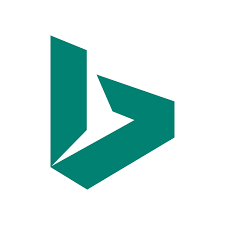Quitting My Full Time Agency Job To Build My Own Software Product
Note: This business is no longer running. It was started in 2018 and ended in 2023. Reason for closure: Shut down.
Hello! Who are you and what business did you start?
My name is Samer Awada. I started OneSEO.io, an SEO marketing business, around May of 2018. Our best selling products are our blogger outreach and link building foundation services.
In short, we help digital agencies and business owners get mentions in other publications in order to increase their website’s relevancy and in turn their organic search rankings. We have two types of customers that benefit from our products:
- Digital agencies or marketing consultants that offer SEO to their clients.
- Business owners that want to increase sales or leads to their website
Why agencies and marketing consultants? After working in and running a digital agency myself, we knew that our main business was not to spend countless hours reaching out to niche bloggers in order to secure alnchor link mentions for our clients. As an agency, it is much more efficient to outsource all link acquisition & blogger outreach efforts to a trusted partner that can deliver quality work on time.
Over time, we accumulated hundreds of relationships with...

Download the report and join our email newsletter packed with business ideas and money-making opportunities, backed by real-life case studies.

Download the report and join our email newsletter packed with business ideas and money-making opportunities, backed by real-life case studies.

Download the report and join our email newsletter packed with business ideas and money-making opportunities, backed by real-life case studies.

Download the report and join our email newsletter packed with business ideas and money-making opportunities, backed by real-life case studies.

Download the report and join our email newsletter packed with business ideas and money-making opportunities, backed by real-life case studies.

Download the report and join our email newsletter packed with business ideas and money-making opportunities, backed by real-life case studies.

Download the report and join our email newsletter packed with business ideas and money-making opportunities, backed by real-life case studies.

Download the report and join our email newsletter packed with business ideas and money-making opportunities, backed by real-life case studies.


























